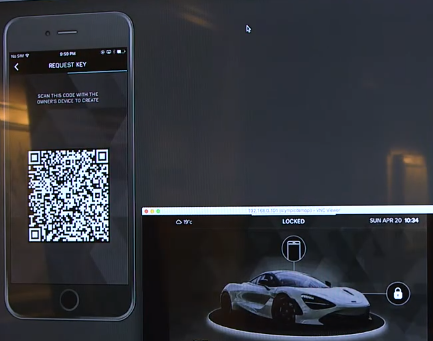Booby-trapped smart chargers could lead to smart car hacks
2021 will mark a tipping point when consumers will begin to fully-understand and revolt against the privacy concerns associated with smart and connected devices, says WatchGuard Technologies. Security analysts at WatchGuard believe that users will start to push back against vendors of IoT devices that collect personal data and will pressure governments to regulate the capabilities of these devices to protect their privacy.
“While smart and connected device technologies deliver real benefits, society is starting to realise that giving corporations too much insight into our lives is not healthy,” says Corey Nachreiner, CTO at WatchGuard.
“That’s why we predict that users will finally make vendors take privacy for home and consumer IoT devices more seriously in 2021. Expect to see the market under greater scrutiny to be more transparent about the collection and protection of personal data, and government representatives under pressure to legislate.”
Related Articles

Anritsu, Sony Semiconductor validate industry first Non-Terrestrial Network (NTN) NB-IoT testcase
First NTN NB-IoT Protocol Conformance Tests for have been validated on the 5G NR Mobile Test Device Platform Anritsu Corporation has announced that the first NTN NB-IoT Protocol Conformance Tests for has been validated on the 5G NR Mobile Device Test Platform ME7834NR...

Ellisys Introduces Support for CCC Digital Key Technology
Protocol Updates Aid in Test, Validation, and Debug for Automotive and Consumer Electronics Developers and Test Labs Ellisys, a leading worldwide provider of Bluetooth®, Universal Serial Bus (USB), Ultra-Wideband, and Wi-Fi® protocol test and analysis solutions has...

Rohde & Schwarz 170 GHz power sensors ease use and traceability in the D-band
Rohde & Schwarz is launching the new R&S NRP170TWG(N) thermal power sensor for precise power level measurements in the D-band. The new R&S NRP170TWG(N) sensors from Rohde & Schwarz are used in general R&D for 6G mobile communications, novel sub-THz...
Stay Up to Date With The Latest News & Updates
Our Sponsors
Incisor.TV partners with leading organisations in the technology sector.
Follow Us
And stay up to date with our news! We are active across the key social media platforms – please do follow us!





0 Comments